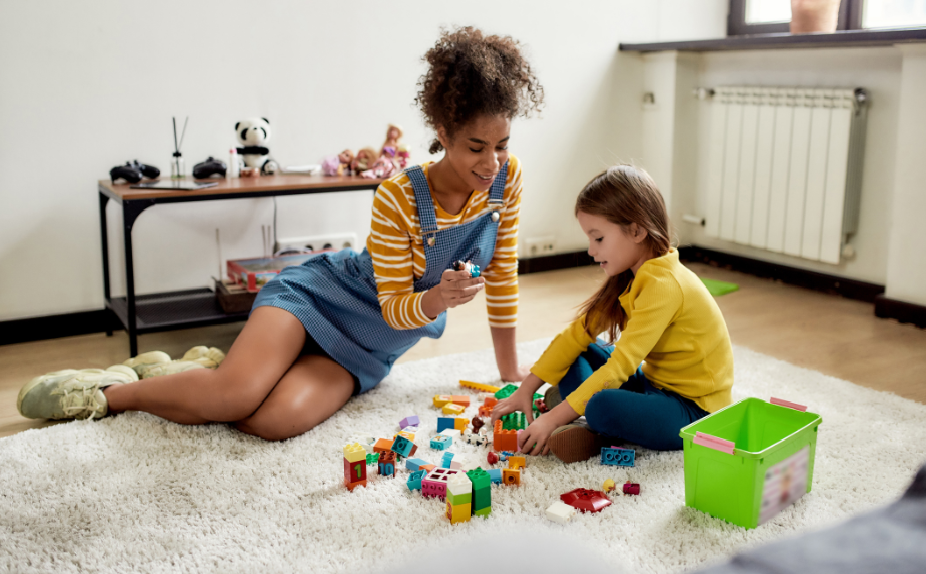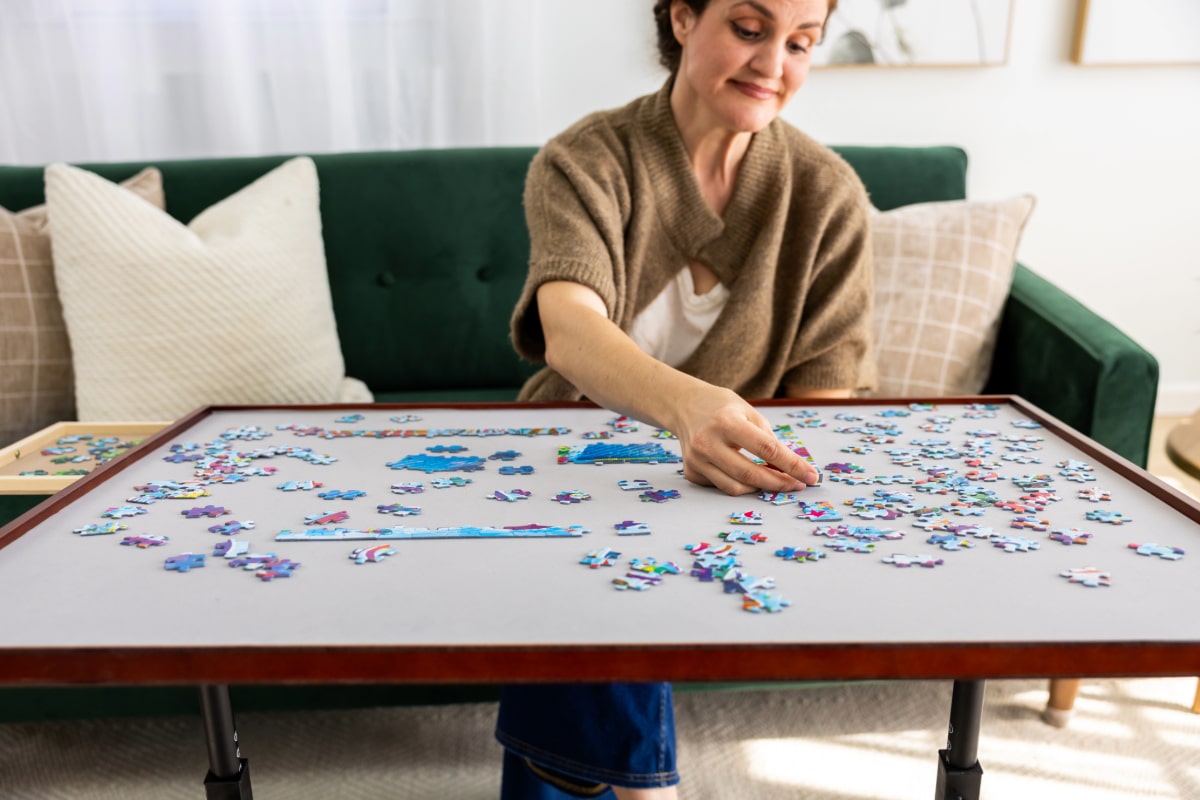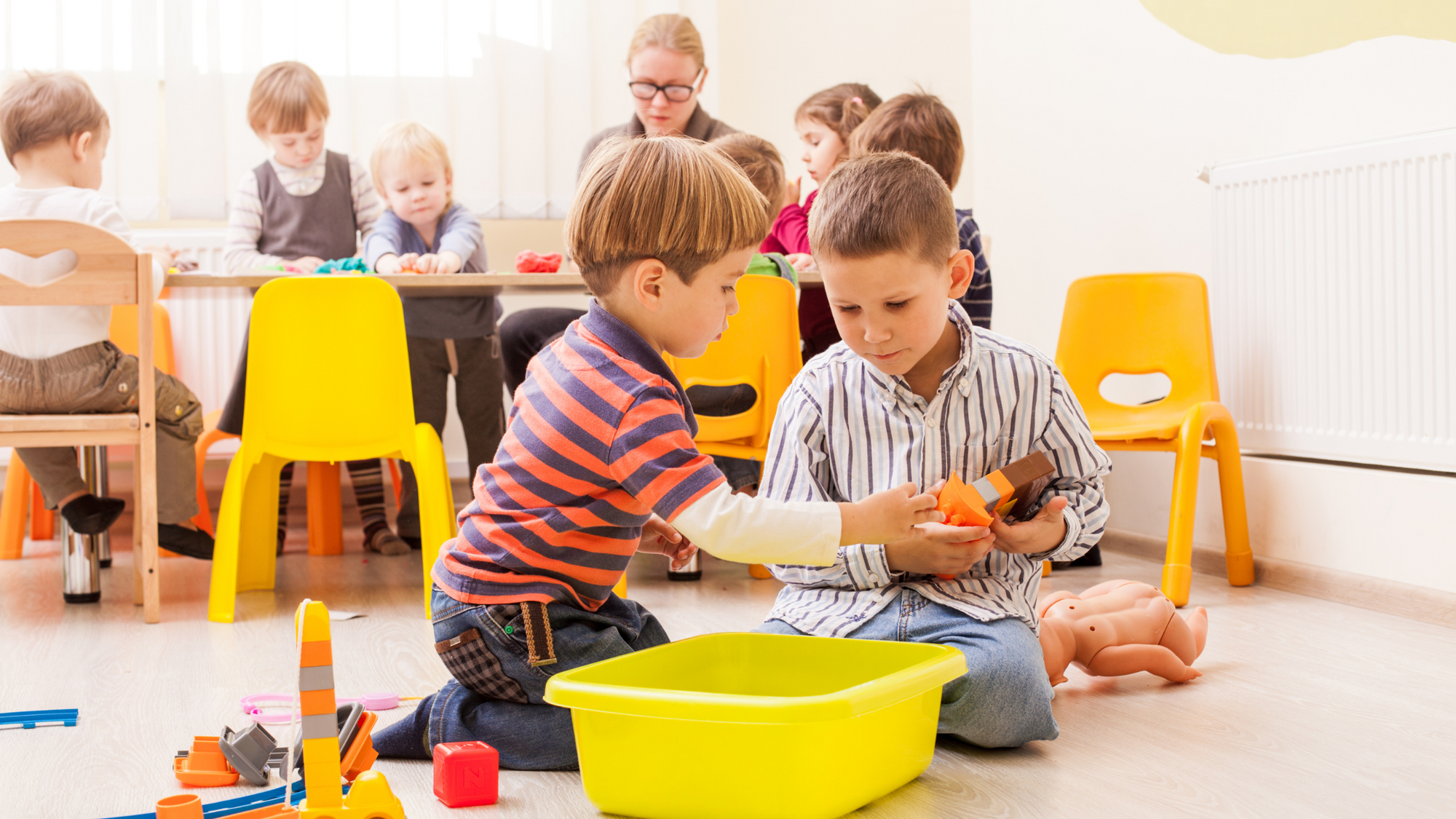Preparing Students for School with Educational Toys
As summer transitions to fall and the back-to-school season begins, both parents and students experience a blend of excitement and anxiety. To ensure a smooth transition and set the foundation for academic success, the importance of educational toys is undeniable. These toys are meticulously crafted to captivate young minds, stimulate curiosity, and improve cognitive and social abilities, making them invaluable tools for school preparedness. In this article, we delve into how educational toys significantly contribute to getting students ready for the school environment's opportunities and challenges.
Play-Based Learning:
Play is integral to a child's understanding of the world. Educational toys harness play to provide targeted learning experiences. These toys are designed with educational goals, introducing concepts like numbers, letters, shapes, and problem-solving. They engage children and encourage active participation.
Cognitive Development:
Educational toys enhance cognitive skills such as memory, reasoning, and critical thinking. Puzzles, building blocks, and memory games stimulate logical thinking, pattern analysis, and strategy formation. These skills are vital for comprehending instructions, sequencing events, and grasping complex ideas in school.
Language and Communication:
Toys encouraging storytelling, role-playing, and language activities contribute to language development. Imaginative play with dolls and action figures nurtures communication skills as children construct narratives and interact. Board games and word puzzles enrich vocabulary and language comprehension.
Social and Emotional Growth:
School encompasses social learning. Educational toys with cooperative or competitive elements foster crucial social skills. Board games teach patience and collaboration, while toys addressing emotions enhance emotional intelligence, aiding in relationship navigation.
Motor Skills and Coordination:
Fine and gross motor skills are essential for tasks like writing and drawing. Educational toys with hands-on activities develop these skills. Building with blocks, puzzles, and art supplies enhance hand-eye coordination and dexterity.
Cultivating Curiosity:
Educational toys ignite curiosity—the drive to explore and learn. Science kits, art supplies, and construction toys encourage questioning, experimentation, and discovery. Fostering curiosity at an early age lays the foundation for lifelong learning.
Bridging the Gap:
Educational toys bridge the home-school transition. Play mirroring school activities, like setting up mini classrooms, familiarizes children with routines and expectations, easing the shift.
Inclusivity and Diversity:
Many educational toys now emphasize diversity. Toys representing various cultures, abilities, and family structures promote understanding and appreciation from an early age.
Parental Involvement:
Educational toys engage parents in their child's learning. Joint play strengthens bonds and allows parents to understand interests, strengths, and areas needing support.
In conclusion, educational toys are crucial for preparing students for school. They nurture cognitive and social skills, language development, and curiosity. These toys bridge the home-school gap and encourage inclusivity. Moreover, they involve parents, equipping children for an enriched educational journey.





